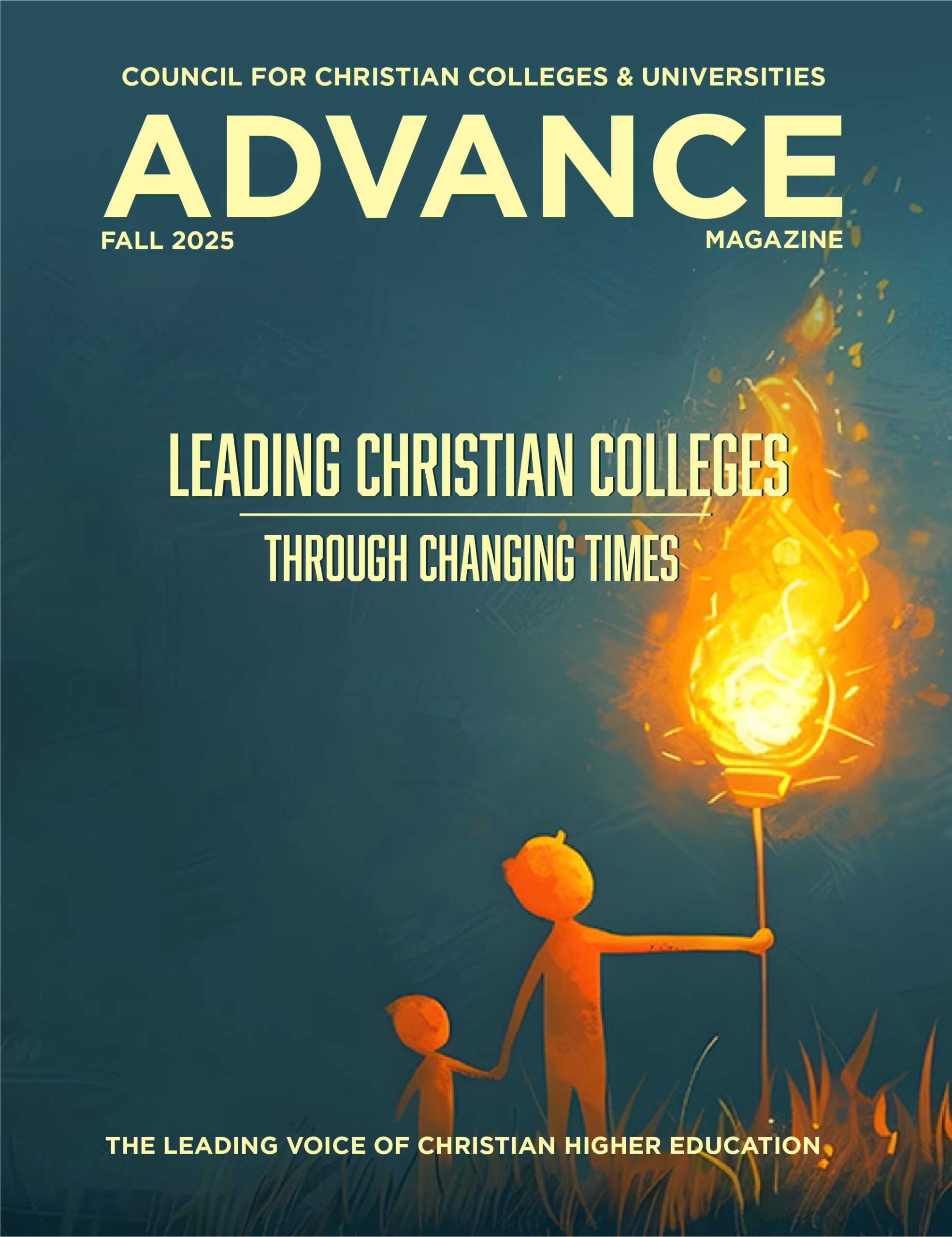News and Publications
WASHINGTON – The Council for Christian Colleges & Universities is pleased that the Departments of Health and Human Services (DHHS), Treasury, and Labor have issued a pair of interim final rules that protect the consciences of those who have either religious or moral objections to providing health insurance coverage that includes certain contraceptive or abortifacient products or services. We commend the Trump administration for issuing these rules that reflect the government’s responsibilities to protect religious freedom.
“The Obama administration’s decision to grant a lesser form of protection to religious organizations was always patently unconstitutional, as affirmed by the Supreme Court in the Little Sisters of the Poor case,” said CCCU President Shirley V. Hoogstra. “The government should never have put itself in the role of determining the depth of religious conviction. This new interim final rule is a necessary corrective in restricting the government’s interference with religious convictions.”
These new interim final rules provide more robust religious and moral protections than the overly narrow accommodation provided by DHHS under the Obama administration. They exempt certain employers, including educational institutions, that have sincerely held religious beliefs or moral convictions from having to provide forms of contraception or sterilization that conflict with those.
“CCCU institutions take seriously both their obligations to their employees and their faith. We know that employees at our institutions choose to work there not despite their employer’s strong religious beliefs and moral convictions, but because of them,” Hoogstra said. “These exemptions fairly balance the health needs of employees with the religious commitments of their employers.”
Nineteen CCCU institutions previously filed lawsuits over the Affordable Care Act’s contraceptive and abortifacient mandate, and the CCCU filed an amicus brief on behalf of the five CCCU schools whose cases ultimately made it to the Supreme Court, as well as in the Wheaton College case at the DC Court of Appeals. We are hopeful that these rules will obviate the need for future litigation over this matter. We will continue to advocate on behalf of CCCU institutions and work with like-minded organizations to ensure that the federal government respects religious freedom in this and other areas.
***
The Council for Christian Colleges & Universities is a higher education association of more than 180 Christian institutions around the world. With campuses across the globe, including more than 150 in the U.S. and Canada and nearly 30 more from an additional 18 countries, CCCU institutions are accredited, comprehensive colleges and universities whose missions are Christ-centered and rooted in the historic Christian faith. Most also have curricula rooted in the arts and sciences. The CCCU’s mission is to advance the cause of Christ-centered higher education and to help our institutions transform lives by faithfully relating scholarship and service to biblical truth.



